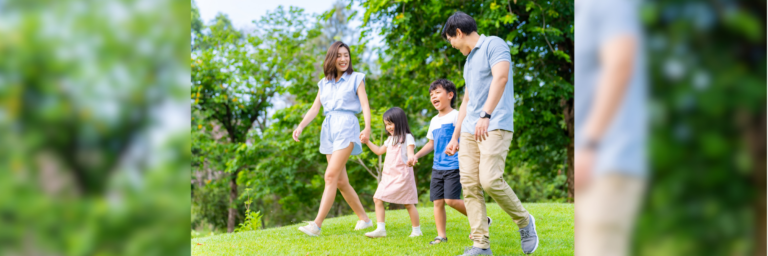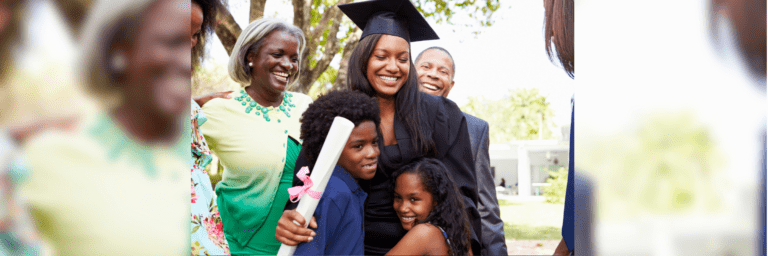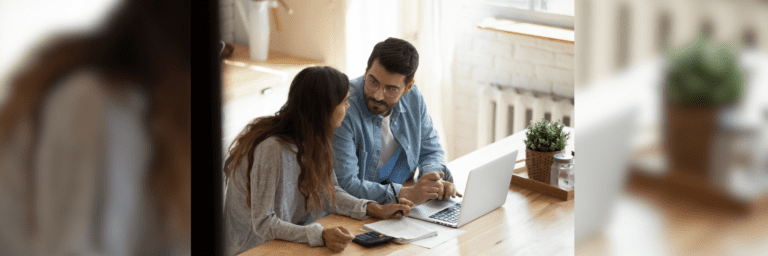An Interview with Anne Mosle on 2Gen and Sarasota
In March, Ascend at the Aspen Institute co-hosted a daylong 2Gen Summit with the Community Foundation of Sarasota County for the second year running. The Community Foundation has embraced the two-generation (2Gen) approach, making Sarasota a bright spot for 2Gen innovation.
During this year’s 2Gen Summit in Sarasota, the Sarasota Herald-Tribune interviewed Ascend’s Executive Director Anne Mosle on the 2Gen approach, challenges facing children and families, and how Sarasota has used the 2Gen approach to address these challenges. See the full text of the interview below.
The Herald-Tribune also highlighted the Summit and 2Gen approaches in two more articles:
- Editorial: 2Gen Summit focuses on helping families
- In ‘two-gen’ approach, a path to student – and parental – success
During last year’s 2Gen Summit in Sarasota, we released a case study on the Community Foundation’s leadership. John Annis, a 2015 Ascend Fellow and former vice president of community investment at the Community Foundation, is a 2Gen leader in Sarasota, serving as senior vice president of collaboration and impact at the Charles & Margery Barancik Foundation.
Two-gen: Organizations that help children can have a big impact by helping parents
Sarasota Herald-Tribune, by Ryan McKinnon
In March, more than 230 education and child advocacy leaders convened in Sarasota for a summit hosted by the Community Foundation of Sarasota County to discuss how groups can more effectively help children by extending services to parents as well.
This approach, known as the “two-gen” model, has led many Sarasota-based agencies to expand their reach. Child-centric organizations are now offering GED courses, English classes, parenting classes and career training to the parents of children participating in their programs, all in the belief that the more successful a parent is, the more successful a child will be.
Anne Mosle, vice president of the Aspen Institute in Washington, D.C., and executive director of Ascend at the Aspen Institute, delivered the opening keynote speech at the community foundation’s conference. Mosle is a national leader in policy and philanthropy and is a strong advocate for the two-gen model.
Q: The biggest hurdle to implementing two-gen policies seems to be asking organizations to expand their services into an area where they may be unfamiliar. What are baby steps organizations can take as they look to provide services to parents?
At the beginning of the conversation with an organization we try to establish a shared North Star in the sense of what does success look like. We are always really careful when we talk to organizations, but we have data, we have science that clearly states the case that if you want a child to thrive, a parent’s economic status, educational status and health status are some of the most important indicators for child success.
People have worked in silos in the past, thinking that if I just do everything for that child, that’s going to be enough, and it’s not. If you want to be successful, you have to engage, but it doesn’t mean you have to do everything.
Q: The challenges many families face are multifaceted. Is there an area of support that you think should come first – whether it be educational, job training, social support, parenting classes or anything else?
The easiest platform to build on would be the early childhood component. What we know from brain science and research is that from prenatal to age 3 it is the most robust and dynamic brain development period for a child.
Plus, at the time of birth for mothers and fathers there is biological and neurological development that happens. There are different burst moments in life when that brain opens up. After having a child, a parent will have far more willingness to new ideas, new ways to protect a child. It’s a biological change, and it happens for men as well.
At that moment many moms actually say, ‘My top need is how do I get connect to education and job opportunities.’ This is a moment of high potential intervention, if it is done well.
Q: Sarasota is lucky in that it has so many philanthropic foundations that provide the funding for a lot of these initiatives. What about communities that don’t have that?
Sarasota is a phenomenal and very special place with the amount of philanthropy and the sense of community.
When you think about Florida, it is a big and important state. The real hope and aspiration for Sarasota is figuring out what is a deliberate path toward radical and robust collaboration deepening the momentum in Sarasota and partnering with Desoto and Manatee. Then I would love to see how this becomes more regional. What is being learned here, and what are opportunities statewide?
Q: This approach requires a strong belief in the ability of adults to change, especially among providers who are used to working with more malleable children. Have you seen organizations grow frustrated as they encounter the adult resistance to change?
Some folks in early child development would say they don’t see parents as robustly part of the solution. But really loving the child and loving their parents is really important, and it’s not always easy. What we try to make sure is that folks on the child development side understand that when a parent is struggling, they have usually gone through what their kid is going through.
It means having a bit more awareness and more training to help the childcare workforce understand the impact of adverse childhood experiences, the power of the brain science and the strong desire all parents have for their children to thrive.
Related Posts



